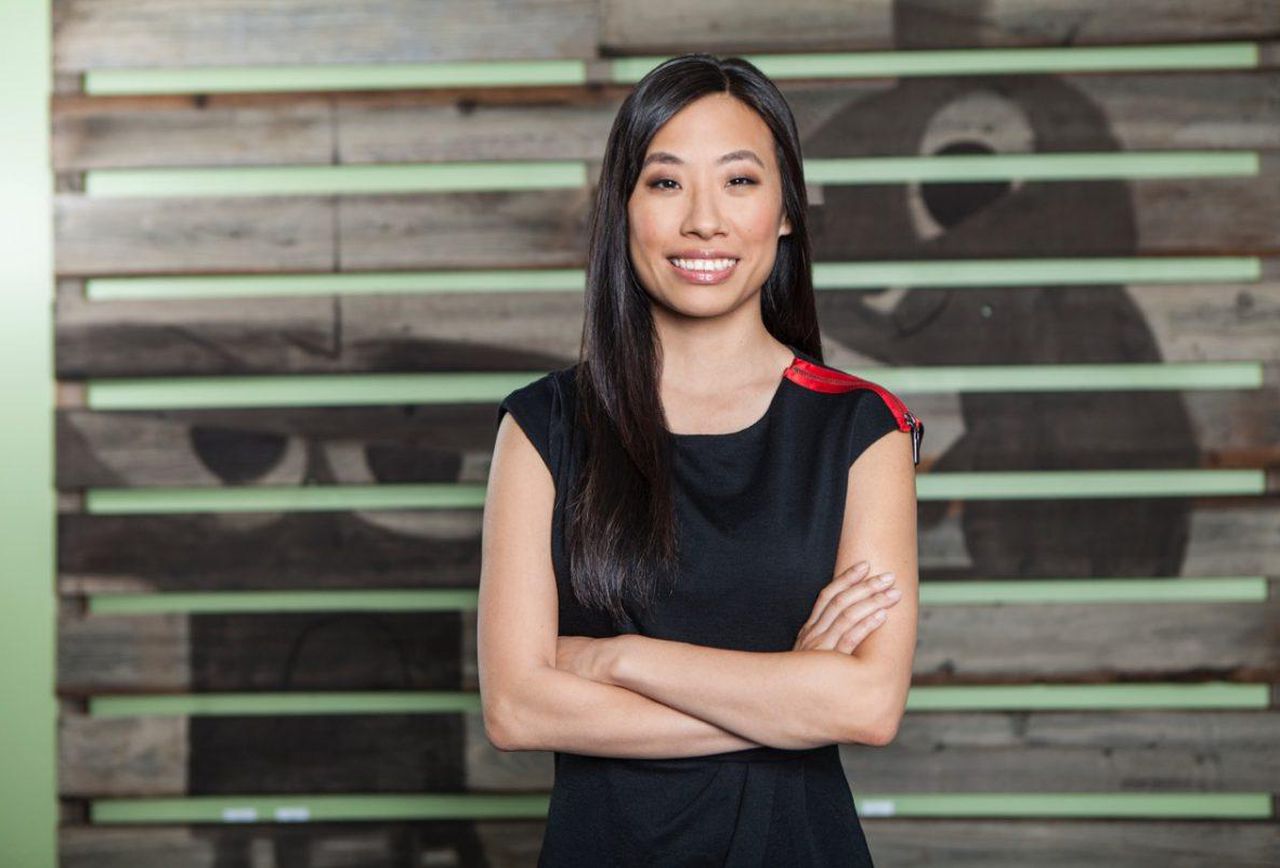On Oct. 3, Stanford alumna Maureen Fan visited campus to speak at The Entrepreneurial Thought Leaders Series. As an undergraduate seeking career paths that intersect with both the arts and technology, I eagerly anticipated hearing from the CEO and co-founder of Baobab Studios, an Emmy Award-winning VR animation company.
When I met Maureen, she was in the lactation room. I was immediately struck by the image of a woman expertly juggling the demands of motherhood with focus and ease. I would say that she balanced it with confidence, but when I asked her how she maintained her self-confidence through challenging times, she almost laughed it off, confiding that entrepreneurs always have to pretend to know everything. She added, “When you are an entrepreneur, you care about winning, but you have to kind of give it up, because you have no idea if the company is going to be successful or not. The hit rate for startups is small.” Maureen crafted her own path to success by balancing her determination to succeed with the ability to occasionally let go in her pursuit of what was personally stimulating for her.
Before arriving at Stanford, Maureen knew that she wanted to do “something in entertainment and film,” so she researched the websites of several prominent studios and figured out that they mostly hired communications and economics majors. When she discovered that these fields did not stimulate her in the way that computer science did, she was not afraid to adopt her new interests and deviate from the predetermined path. “I think every place I went, there was pressure to conform to the preexisting buckets – are you fuzzy or are you techie? Female or male? Introvert or extrovert? I tried to refuse to allow myself to be put in a specific bucket,” Maureen reflects. Instead, she created her own major – combining art, computer science and psychology, explaining her intention to combine computer science with “something more human.” Maureen credits Stanford’s quarter system and relaxed undergraduate major declaration timeline for giving her the opportunity to experience a wider breadth of coursework.
One class in particular, an anthropology and design class with Professor Pamela Hinds, inspired the cultural anthropologist role Maureen later created for herself at eBay. She first started working at eBay as a user interface designer and usability engineer, but soon she took the initiative to pitch a tailored position for herself that entailed travel and research across England, China, Japan and Austria. She studied how eBay should enter the markets of different countries, applying the anthropology-informed design thinking she had cultivated with Professor Heins. For instance, Maureen discovered the variance across cultures in people’s “attitudes toward used goods versus new goods,” and she realized that eBay’s American model for shipping and payment had to be adjusted to address the issue of security in China. The Chinese did not trust their post office system and instead favored private courier services. Additionally, the concept of payment in escrow was important in a culture that was not accustomed to handing over money before receiving the goods. “You have to think about how you customize the clients’ experience for each country,” Maureen said. Similarly, she was customizing her job experiences according to what she wanted to learn at each stage of her career.
For Maureen, going to China as an Asian-American meant discovering “why [her parents] were the way they were.” Maureen saw that the Confucian values she was raised with, such as “be humble,” “don’t rock the boat” and “respect your elders,” were “sometimes the opposite of what you need to be an entrepreneur.” She observed that “being a female minority in Silicon Valley is about speaking up, asserting yourself and not caring about hierarchy. These are things that run counter to how I was raised to be, culturally.”
“In all the positions I’ve been in, I’ve created what it is that I wanted,” is certainly a statement Maureen can stand by. She took to heart the best advice she has received: “It doesn’t matter if you don’t know what you [ultimately] want to do. What matters is that whatever it is you are doing, you are doing it really well. You will learn something that will be helpful to you in the future, and people will come out and help you later on when it’s time, because they respect your work ethic.” This playbook has evidently been effective. Along her path to success, one of her colleagues at eBay contributed to her pitch deck, her mentor at Zynga introduced her to her future co-founder Eric Darnell, and Larry Cutler (whose name she came across while looking through the Stanford alumni database when she was an undergrad) became another co-founder and her company’s CTO.
Maureen’s career is an inspiring reminder of the importance of networking, seeking experiences that excite you, and the value of creating your own “bucket” when you do not fit the ones that exist. Her journey also reminds us of the wealth of resources at Stanford that can help us connect our dots to achieve our own dream career – from the variety of classes outside our majors that we can sample to the extensive alumni network that is ready for us to tap into for advice, support or even business partnership.
Contact Chloe Barreau at chloeb99 ‘at’ stanford.edu.
